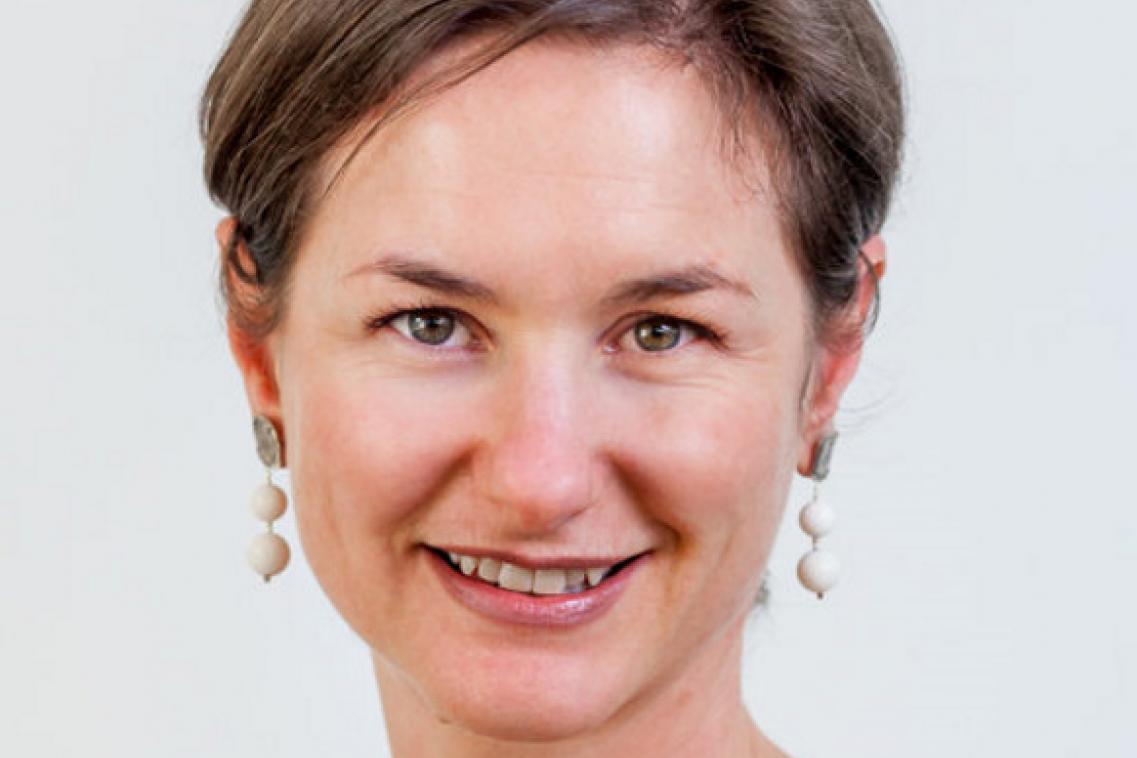Report
Many low-income countries face the hefty challenge of increasing sanitation coverage, in both rural and urban areas, which demand di�fferent solutions. In response, governments, with support from international agencies, bilateral donors and non-government organisations, are deploying a range of programmes and policies to accelerate progress towards the new global goals. Community-led total sanitation (CLTS) is one popular approach. CLTS works with an entire community to identify the negative e�ffects of poor sanitation, especially the practice of open defecation, and empowers them to collectively �find solutions. CLTS is understood to be more suitable for small, rural and homogeneous communities, however it is still considered an appropriate solution for more urbanised areas.
In this brief, we provide quantitative evidence to support this conjecture and bring forward a simple rule of thumb that allows more e�fficient programme targeting. We suggest that using this information can improve the targeting of CLTS in Nigeria, and possibly other countries, freeing up scarce resources to identify and test complementary sanitation approaches suitable for more urbanised communities.







































